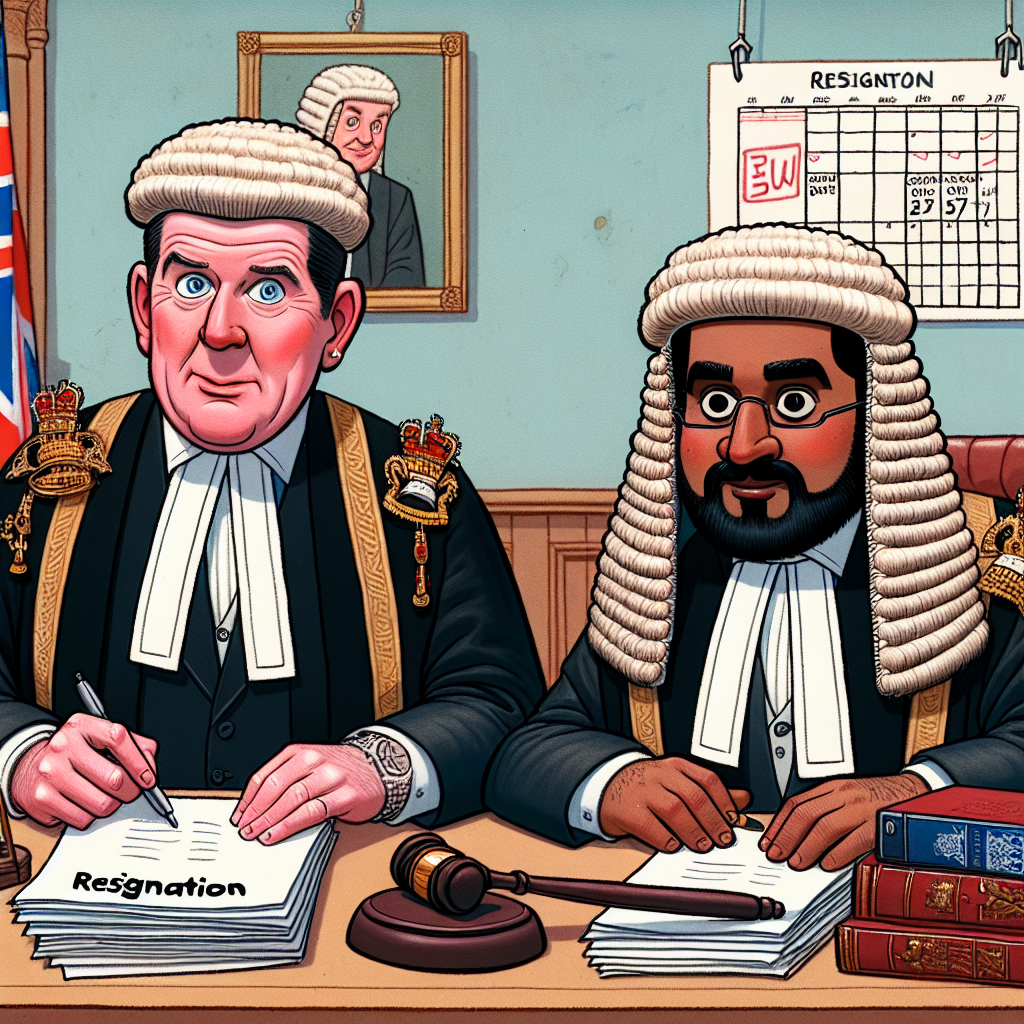Freeland's Resignation: A Political Earthquake in Canada
Canada's Finance Minister Chrystia Freeland resigned after disputes with Prime Minister Justin Trudeau over spending and U.S. tariffs. Her departure marks a significant crisis for Trudeau's government, already challenged by poor polling and opposition pushes. Her exit could deepen instability and threaten Trudeau's leadership amid a looming election setback.

Canada's political landscape was rocked Monday when Finance Minister Chrystia Freeland resigned after disputes with Prime Minister Justin Trudeau. Her departure follows clashes over spending priorities and looming U.S. tariffs, delivering a severe blow to the Trudeau administration's stability as polls predict an impending electoral defeat for the Liberals.
Freeland's resignation, only hours before presenting an economic update, comes amid mounting pressures within the Liberal Party over poor polling performances and rising costs. Trudeau's government is now faced with a leadership vacuum and increased challenges from opposition parties, staging a potential no-confidence vote to topple him.
The dramatic exit also underlines deepening divisions within the government, as Freeland criticized Trudeau's spending as a political maneuver undermining fiscal readiness before potential tariff wars with the U.S. The Liberals must now navigate these challenges, compounded by further ministerial resignations and internal discord.
(With inputs from agencies.)










